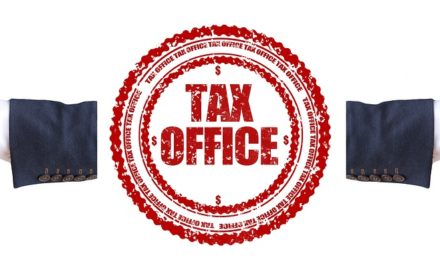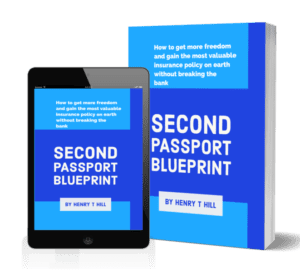How One US Citizen Managed to Avoid His Swiss Bank Reporting $2.7 Billion Under FATCA
As we’ve often discussed, FATCA and CRS are vicious attacks on privacy and freedom. Both set out to ensure that anyone banking outside their country of tax residency has no financial privacy. FATCA seeks to send financial data on US residents banking overseas to the IRS to ensure they pay enough tax. CRS is the OECD’s version of FATCA. CRS attempts to abolish financial privacy for the rest of the world. Fortunately, both are full of loopholes.
One of the most important loopholes used by wealthy investors is what’s known as the Shell Bank Loophole. Banks are not required to report under FATCA or CRS on foreign financial institutions. Therefore, anyone controlling a Foreign Financial Institution can avoid FATCA and CRS.
You may think that’s all very well, but establishing a foreign financial institution requires expensive and complex licensing and a major organization, not to mention massive setup costs. Bank licenses are notoriously difficult to obtain, even in lightly regulated jurisdictions. But that’s not the case. Any entity can register with the IRS as a Foreign Financial Institution.
This scheme was used by the late Robert Brockman, who avoided his Swiss banks reporting $2.7 Billion to the IRS under FATCA.
How to Set Up a Foreign Financial Institution to Avoid FATCA and CRS
The first step is to incorporate it in an overseas jurisdiction. The Cayman Islands and The British Virgin Islands are the most popular jurisdictions. But any jurisdiction outside the US can be used. It’s then registered with the IRS as a foreign financial institution and gets a registration number. The next step is for the new company to open a bank account. The bank is not obliged to verify that the overseas financial institution has submitted its own FATCA or CRS report, as it’s obliged to do.
Huge numbers of Foreign Financial Institutions are registered with the IRS. This includes:
| Jurisdiction | Foreign Financial Institutions Registered |
| The Cayman Islands | 84,713 |
| The British Virgin Islands | 15,218 |
| Guernsey | 9,394 |
| Switzerland | 6,847 |
| Bermuda | 4,177 |
Overseas banks will generally only verify that the entity opening the account is registered with the IRS. They have no basis to verify compliance with FATCA or CRS reporting. Of course, normal AML checks will apply, and there may be increased scrutiny when opening the account as a Foreign Financial Institution. Most of these companies are set up as family offices or hedge funds that deal with family wealth or a small number of investors. This ensures they’re not subject to any other kind of regulatory scrutiny in any jurisdiction.
The reality is that with over 150,000 Foreign Financial Institutions registered with the IRS, they don’t have the resources to ensure compliance with FATCA of every registered entity. Furthermore, complex corporate structures encompassing multiple jurisdictions, including Trusts and Foundations, are notoriously difficult to track.
Conclusion
The Shell Bank Loophole is another tool in the arsenal to fight back against the war being waged on individual privacy. This kind of structure needs careful planning with professional help. The choice of jurisdiction can be crucial. It’s also important to say the right things to the bank during the account opening process to ensure it’s opened.
Liberty Mundo can help plan and set up your structure to meet your individual objectives. Get in touch with us to start the process by clicking here.
Your Questions on FATCA and CRS
What is FATCA?
FATCA stands for Foreign Account Tax Compliance Act. It is a law enacted by the United States government to combat offshore tax evasion by US citizens and residents.
What is CRS?
CRS stands for Common Reporting Standard. It is an international standard for the automatic exchange of financial account information between tax authorities to prevent tax evasion.
How did one US citizen manage to avoid reporting $2.7 billion under FATCA?
Robert Brockman registered his offshore companies as Foreign Financial Institutions to avoid reporting under FATCA and CRS.
How can I set up a foreign financial institution to avoid FATCA and CRS?
You have to set up an offshore company and register it as a Foreign Financial Institution with the IRS. Book a call with us for more details.
What is the Shell Bank Loophole?
The Shell Bank Loophole refers to a legal loophole that can be exploited as a tool in the fight against FATCA and CRS regulations. This involves registering an offshore company as a Foreign Financial Institution.











